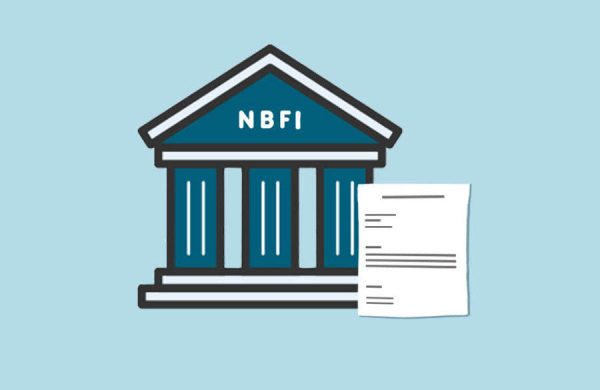BD to double wheat imports amid global supply challenges
- Update Time : Sunday, July 20, 2025

Staff Correspondent:
The interim government has decided to nearly double wheat imports in the current fiscal year (2025–26) in a bid to bridge the widening gap between local production and rising consumption.
Wheat is fast becoming a dietary staple in urban and semi-urban areas in the country with demand surging for wheat-based products such as bread, noodles, and biscuits.
However, domestic production remains limited—only around 1.1 million tonnes—compared to a national requirement of over 7 million tonnes.
According to a Food Planning and Monitoring Committee document, the government has planned to import around 8 lakh (800,000) metric tonnes of wheat this fiscal year—almost double the previous year’s government procurement of 4.66 lakh metric tonnes.
The document notes that wheat has not been available for domestic procurement in recent years, prompting the need for increased imports.
It said the import plan will be re-determined in coordination with the possible distribution target and safety stock of wheat in the current fiscal year.
“Tenders have already been invited for the import of one lakh metic tonnes of wheat and the process of importing 2.20 lakh metric tonnes of wheat from the United States is underway,” according to the document .
The wheat import through government initiative in 2024-25 fiscal was 4.66 lakh metric tonnes while it was 7.84 lakh metic tonnes, 6.86 lakh metic tonnes, 5.46 lakh metic tonnes and 4.79 lakh metic tonnes in 2023-24 fiscal, 2022-23 fiscal, 2021-22 fiscal and 2020-21 fiscal years respectively.
Bangladesh on Sunday signed a Memorandum of Understanding (MoU) with the US under which the country will import 700,000 metric tonnes (MTs) of high-quality wheat annually from the US over the next five years at competitive prices.
Historically, Bangladesh imported wheat from Russia, Ukraine, Canada, Australia, and India.
Shipments from Ukraine have decreased since the war with Russia began in 2022, forcing local traders to diversify sources often at higher costs.
Currently, Russia and India are Bangladesh’s primary wheat suppliers. India has intermittently imposed export restrictions, affecting supply stability and prompting Bangladesh to explore deals with alternative markets.
Bangladesh Bank data shows that the country imported approximately $635.8 million worth of wheat in FY24.
The government has taken steps to stabilise the wheat market including lowering import duties to encourage private sector imports and ensuring food security amid fluctuating prices.
The state-run Trading Corporation of Bangladesh has also increased its procurement to strengthen public stockpiles.
Despite the import surge, Bangladesh faces risks from global price hikes, shipping disruptions, and currency fluctuations.
Bangladesh is seeking to expand wheat imports from the United States as part of its broader trade strategy.
Officials say deals are being negotiated for bulk shipments of high-quality US wheat varieties like Hard Red Winter and Soft Red Winter.
The move also aims to offset the impact of the Trump administration’s recent imposition of a 35% tariff on Bangladeshi products.
The government is also considering reducing import tariffs to encourage private sector participation in sourcing wheat from the US.


















